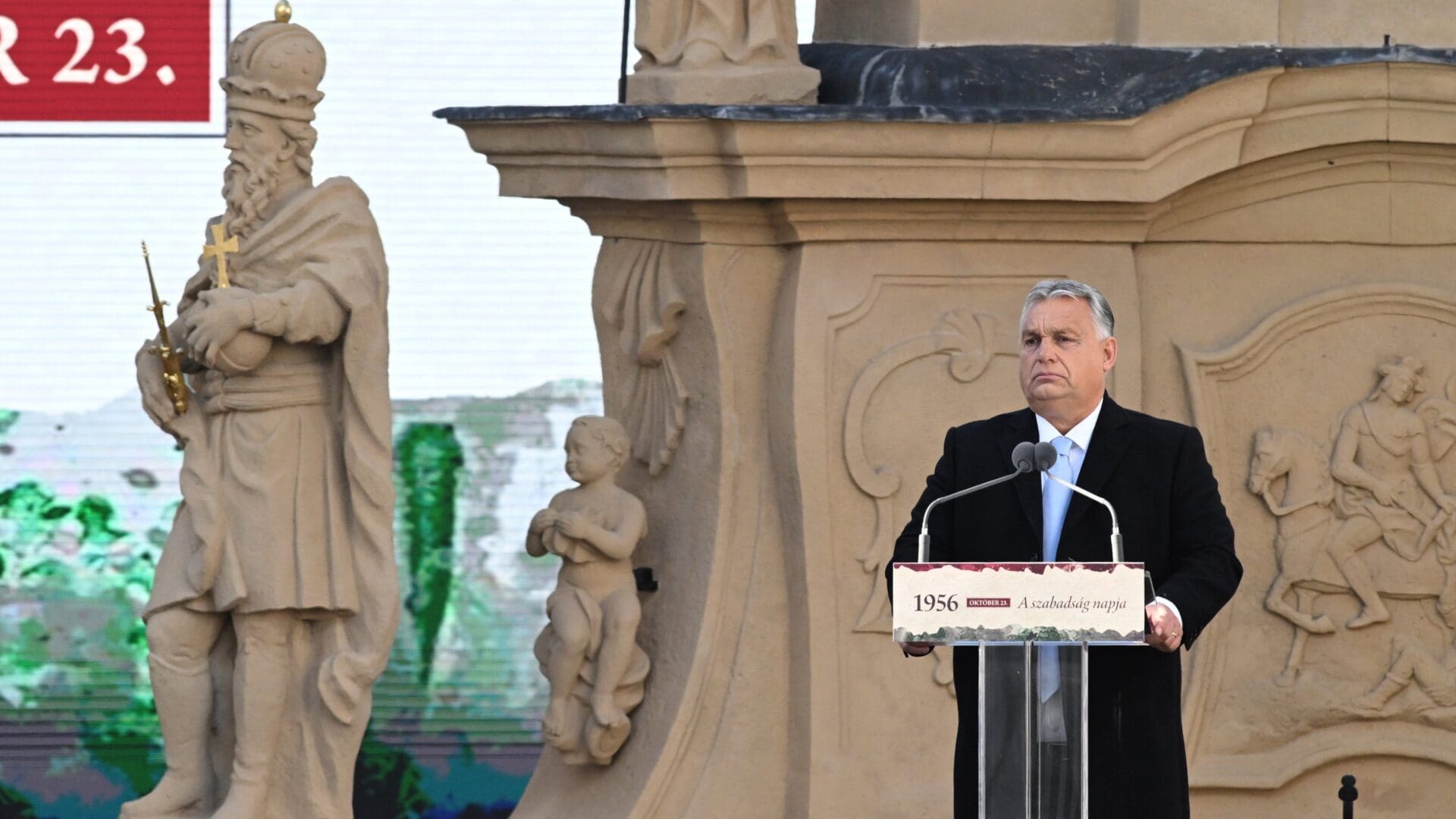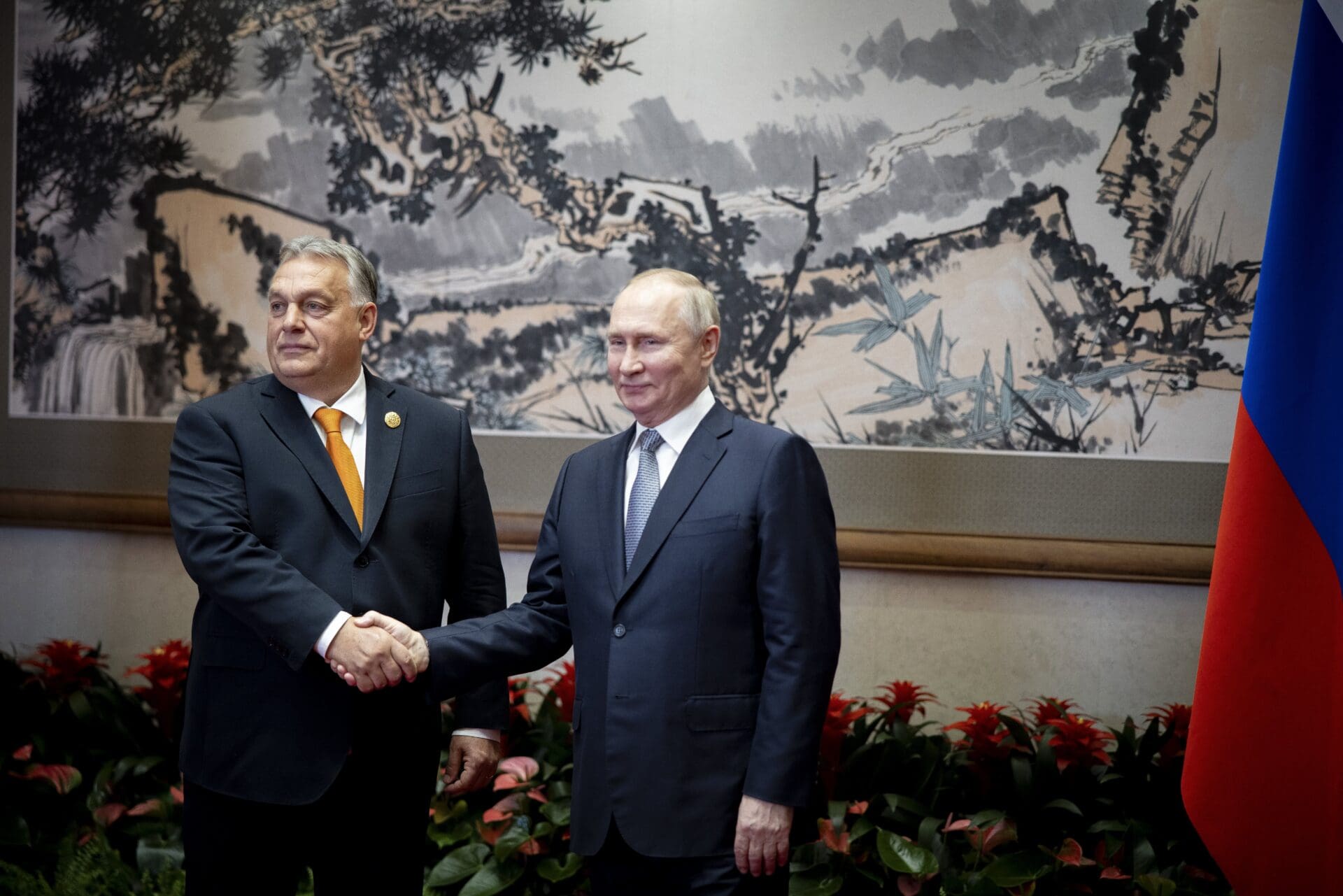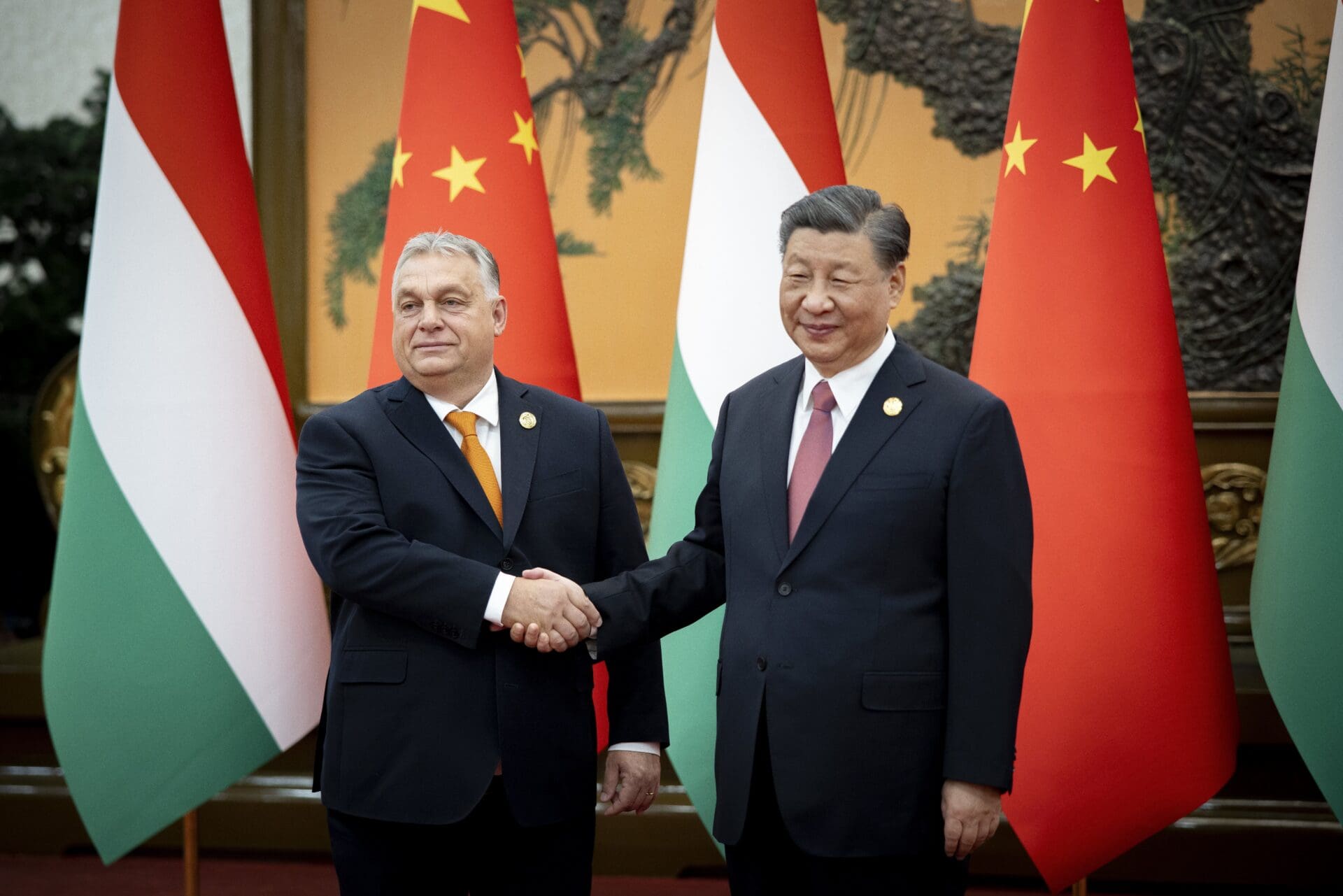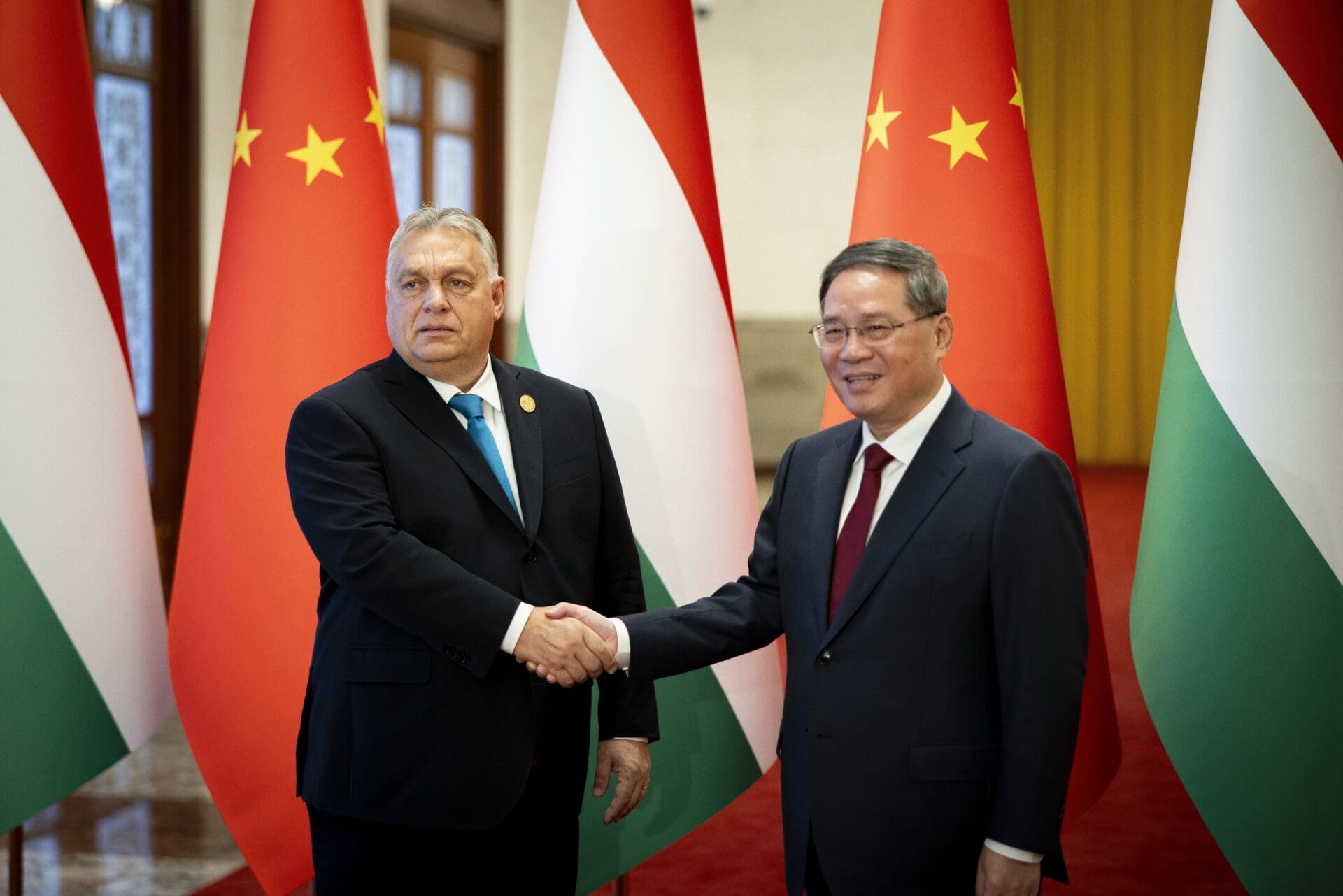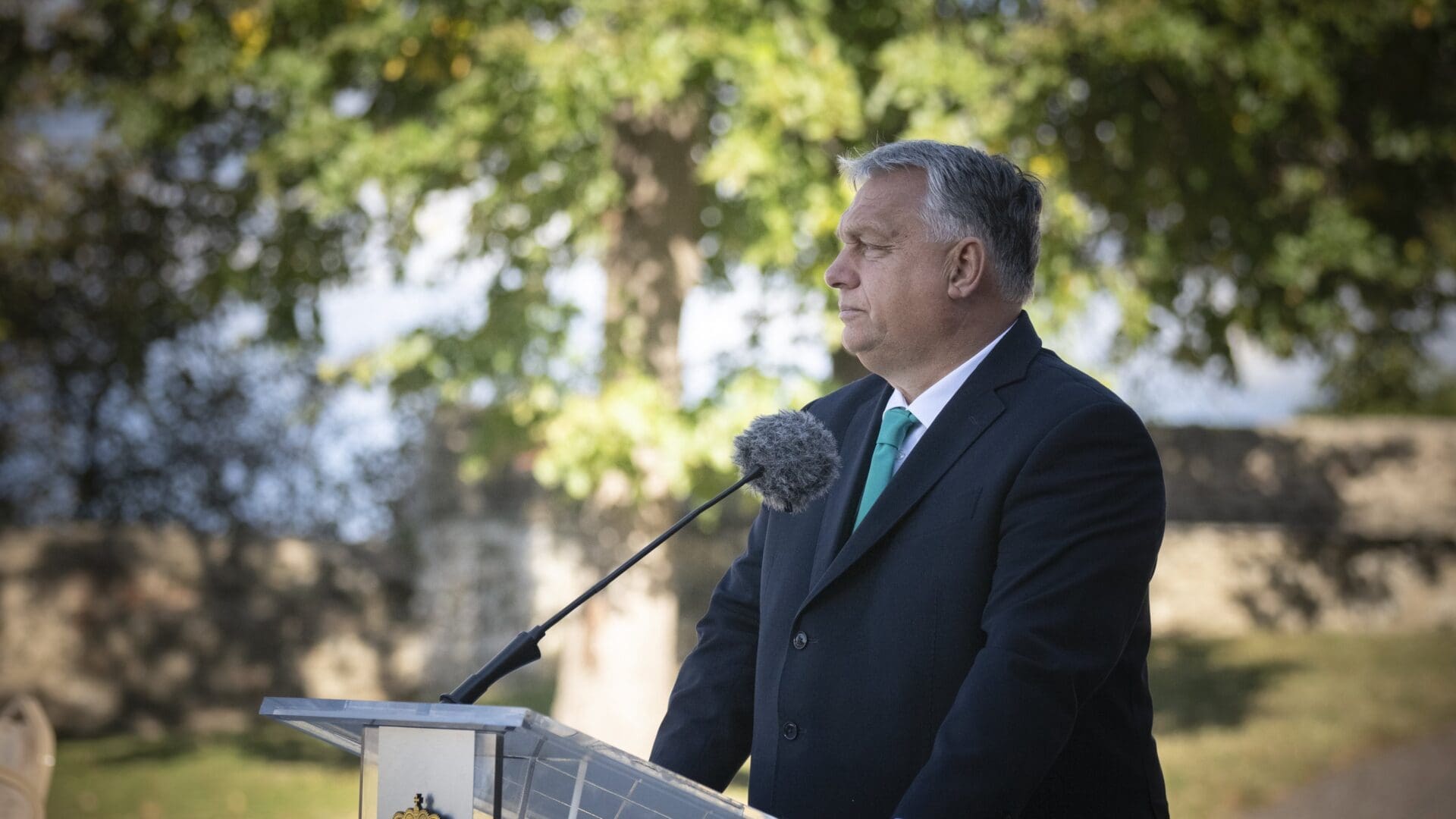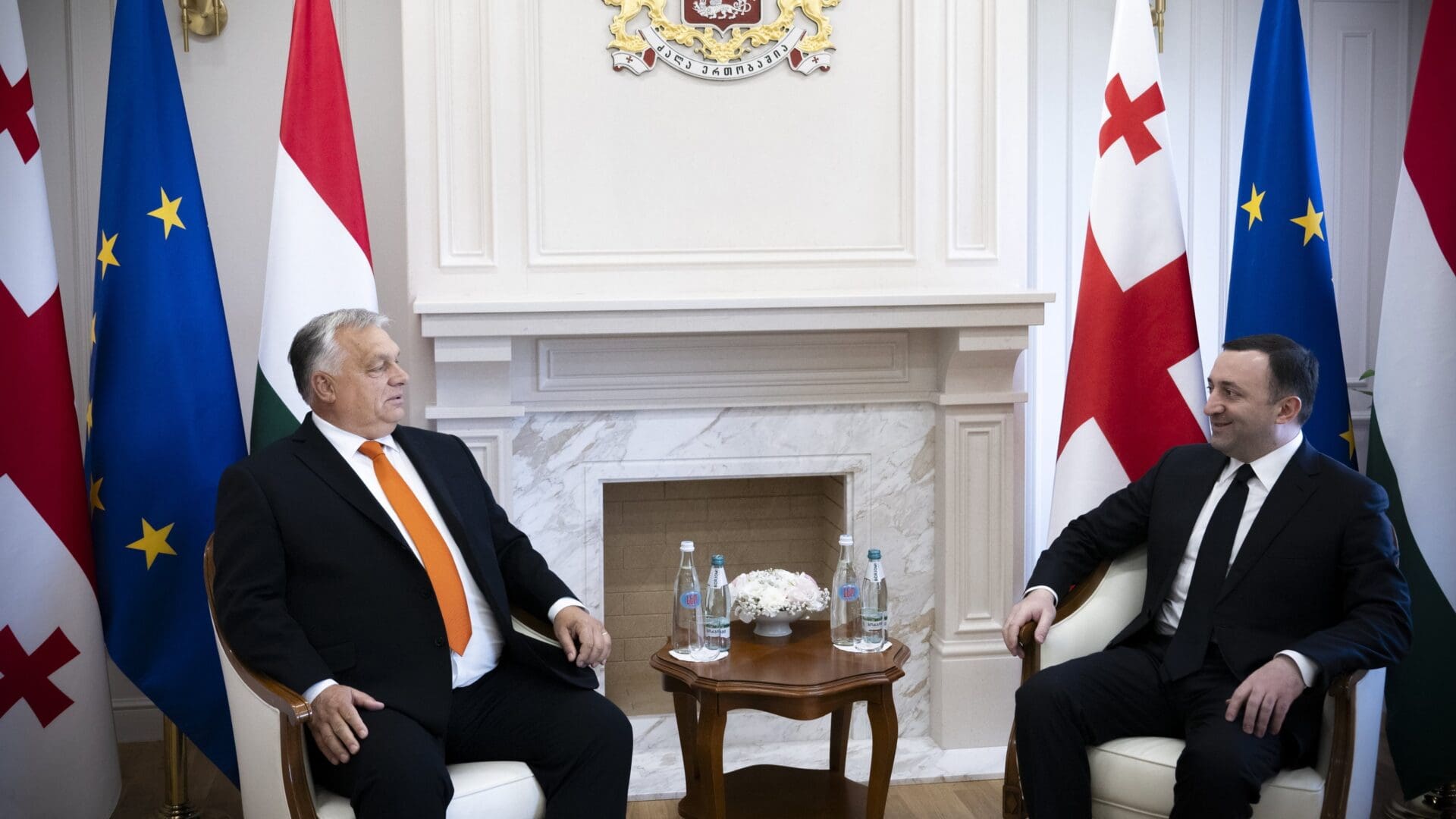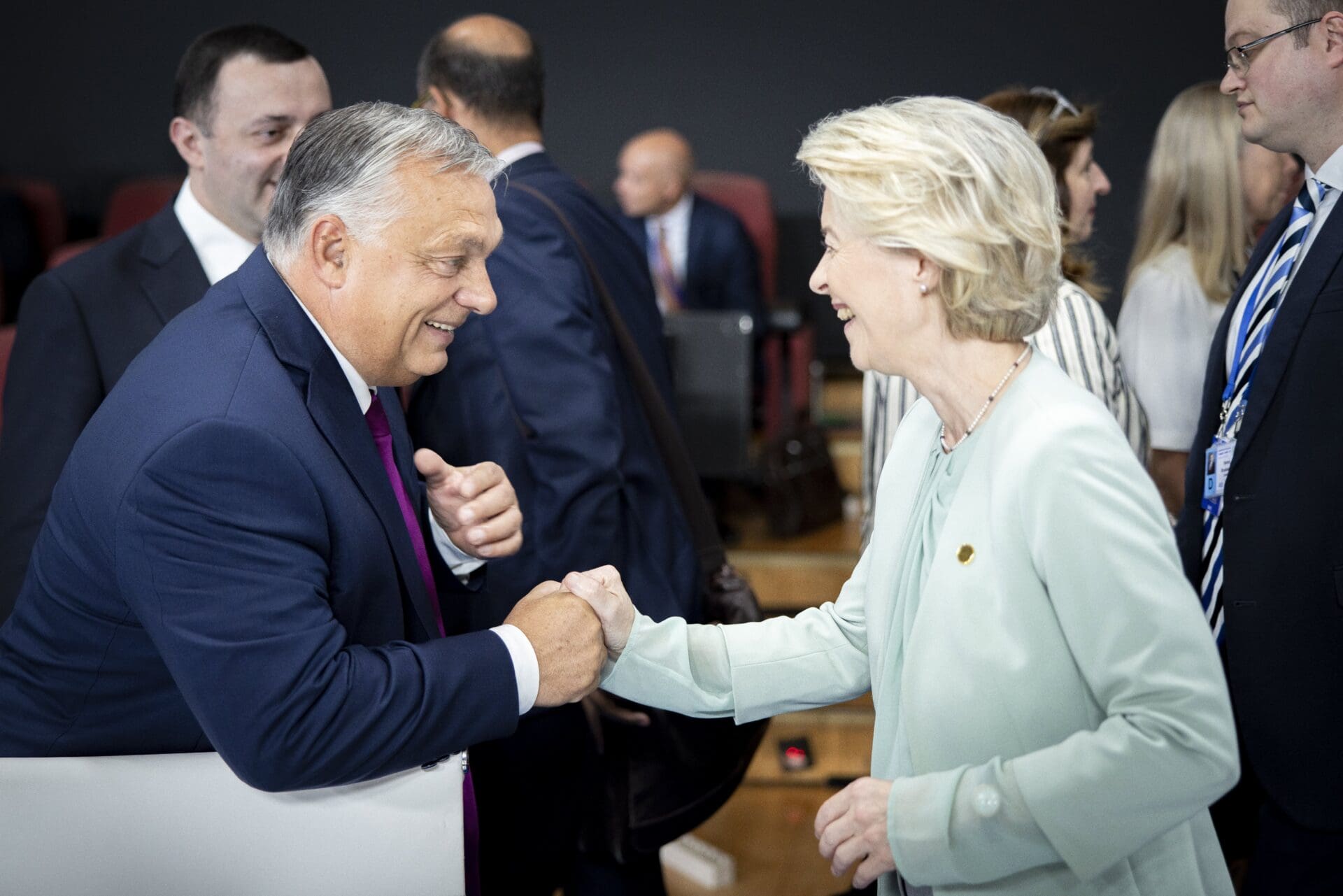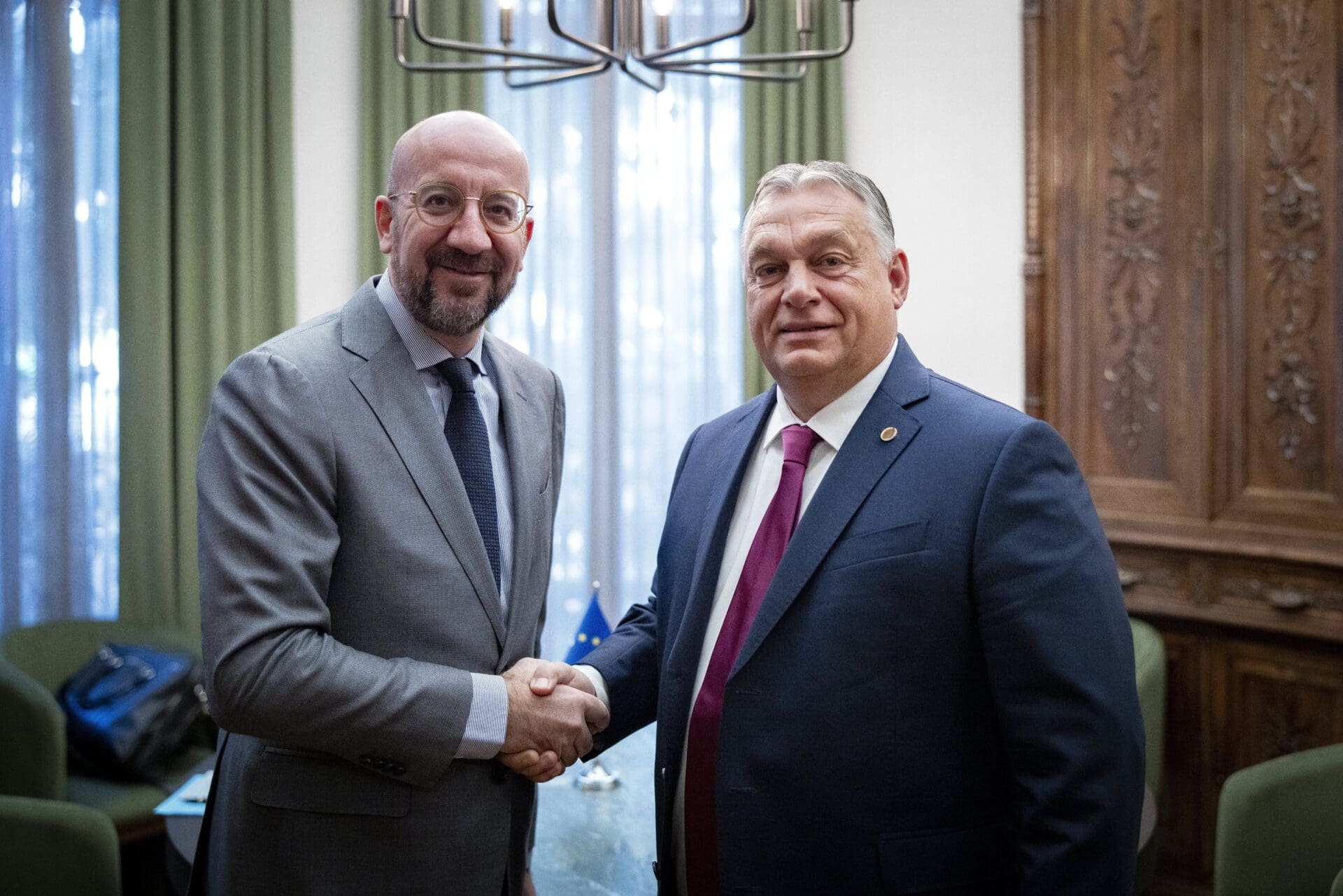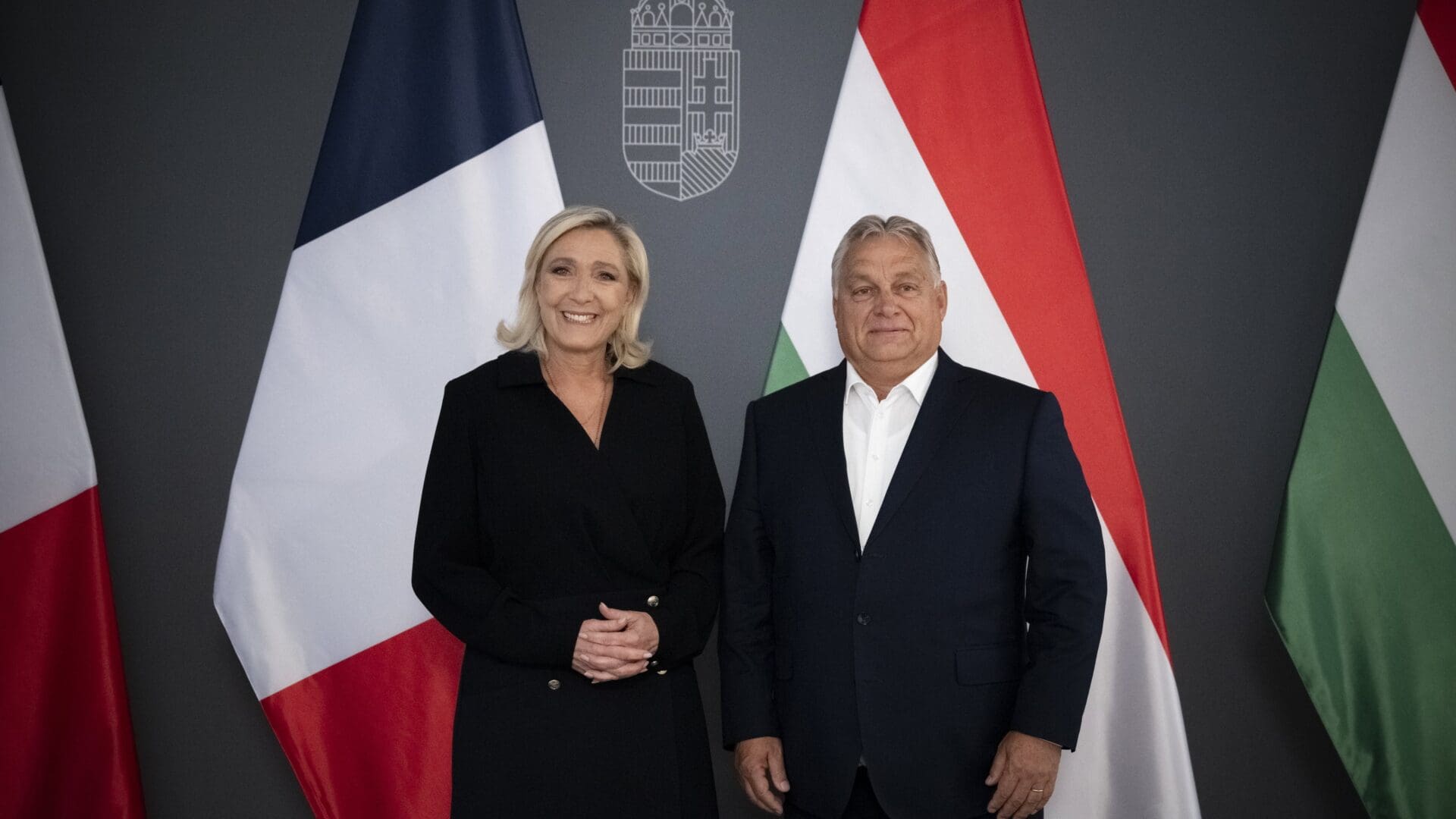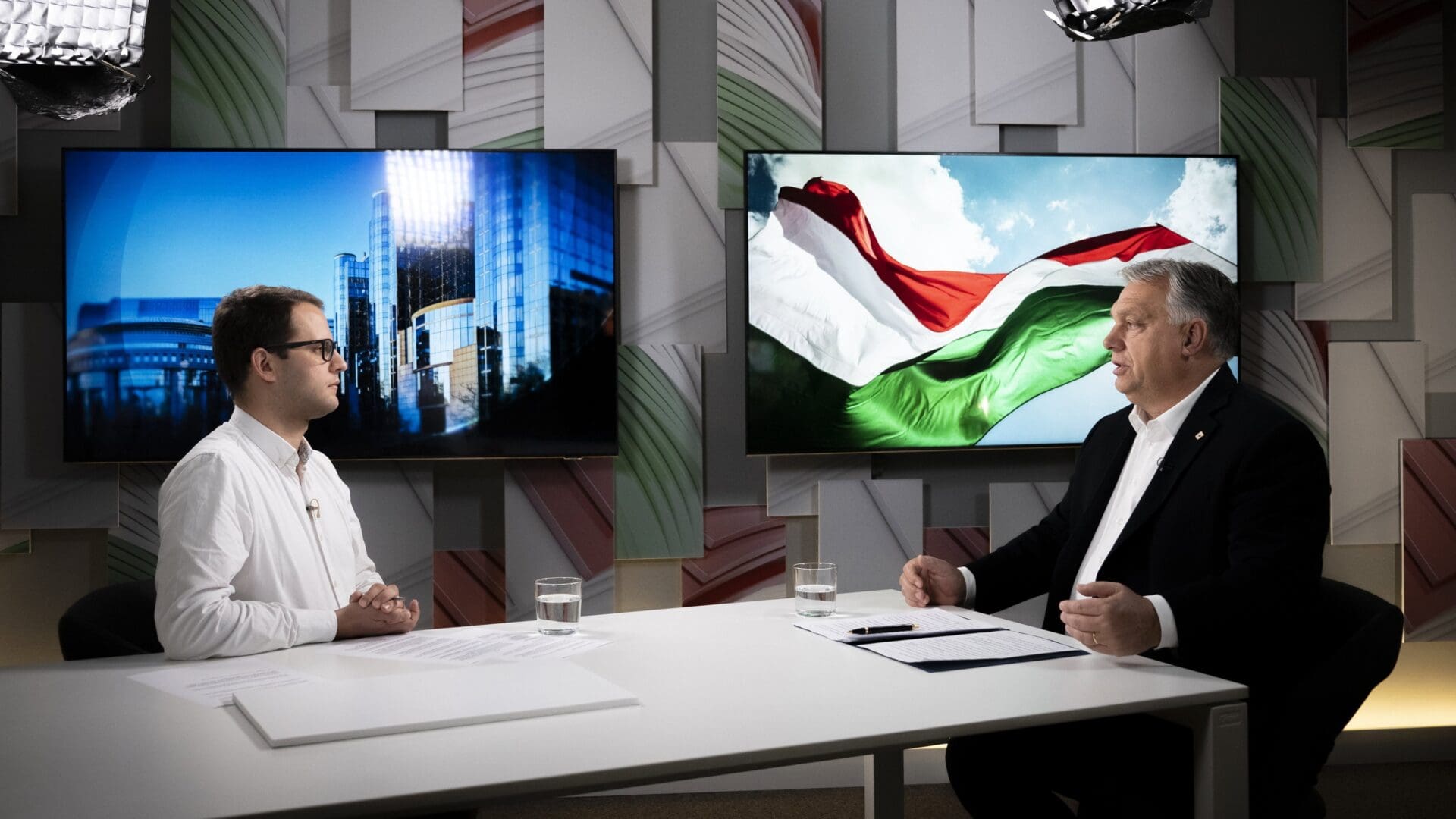
Viktor Orbán Announces New National Consultation to Demonstrate Support of Its Policies to Brussels
In his regular interview on public radio, the Hungarian Prime Minister pledged to defend Hungary’s borders, to resist pressure from Brussels aiming to change his government’s policies, insisted that Ukraine cannot win on the battlefield, and announced a new National Consultation.

